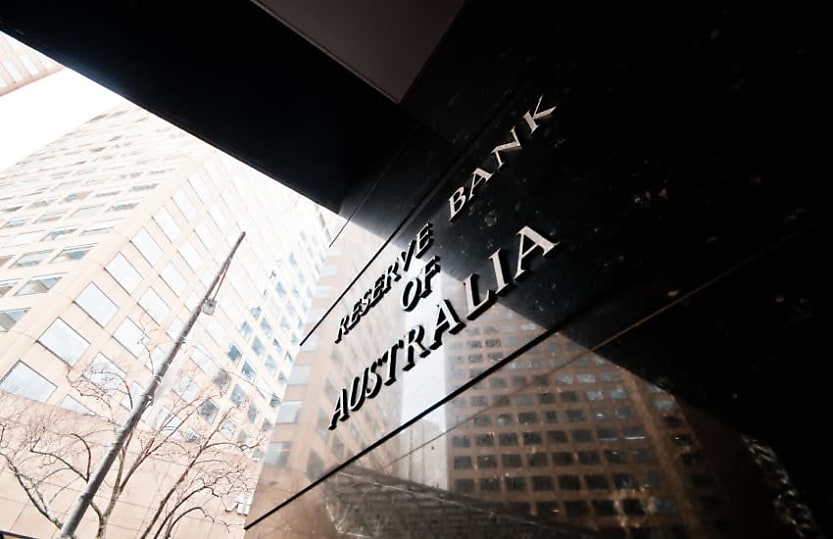Lower-than-expected CPI ‘cements case for RBA rate hold’

Economists agree monetary tightening is over for now, but easing will be delayed until it is certain stage 3 cuts have a negligible impact on consumer prices.
An unexpected slowdown in inflation has cemented the case for the RBA to hold rates steady at its meeting next week, economists say.
ABS data released on Wednesday showed only a 0.6 per cent rise in consumer prices during the December quarter, the lowest reading since March 2021.
Annual inflation also eased to 4.1 per cent, the lowest since December 2021 and down from a peak of 7.1 per cent in late 2022.
CreditorWatch chief economist Anneke Thompson said the CPI reading would come as a “great relief” to households and businesses.
“It all but assures them that the RBA will keep rates on hold at next Tuesday’s board meeting,” she said.
When read together with the latest retail sales and labour force statistics, it showed the RBA’s efforts to tame inflation were “working well”.
ABS data for December revealed retail sales dropped 2.7 per cent compared to the month prior, and 65,000 people lost their jobs despite the unemployment rate remaining at 3.9 per cent. “The RBA has next to no reason to apply further pressure to a clearly slowing economy,” she said.
The marked decline in business conditions and spending also meant rate cuts, predicted to happen during the third quarter, could be brought forward if the unemployment rate rose.
RSM economist Devika Shivadekar said the fact annual inflation came under the RBA’s prediction of 4.5 per cent confirmed it would hold rates next week.
“Today’s headline figures should give the RBA some comfort and breathing space to consider its next steps carefully,” she said.
She said the RBA would likely keep rates on hold until at least the third quarter of 2024 before embarking on an easing campaign to see the effects of cost-of-living relief measures such as Commonwealth Rent Assistance, Energy Relief Funds rebates and the revised stage 3 tax cuts on the economy.
“In this dynamic economic environment, the RBA would like to take a cautious approach, preferring to observe and verify that inflation continues trending down and that the impact of tax cuts remains minimal,” she said.
BDO economics partner Anders Magnusson said the high readings of CPI components like housing and electricity prices were still a “cause for concern”.
“While amendments to the Commonwealth Rent Assistance and Energy Bill Relief fund rebate have impacted rental and electricity prices, rental inflation is still eye-watering amidst low vacancies in the rental market. While high wholesale electricity prices are beyond government control, there may be room to implement policy changes in the rental market,” he said.
Changes to stage 3 tax cuts could also delay the process of returning inflation to the RBA’s target range of 2 to 3 per cent, although he said “the pressure will not be enough to raise the cash rate in February”.
The concerns around the potential inflationary impacts of the tax cuts come despite the government’s assurances.
A Treasury analysis showed that redistributing tax relief towards low and middle-income earners, who were less likely to bank savings, would only add 0.1 percentage point to inflation.
About the author







